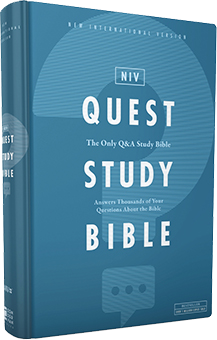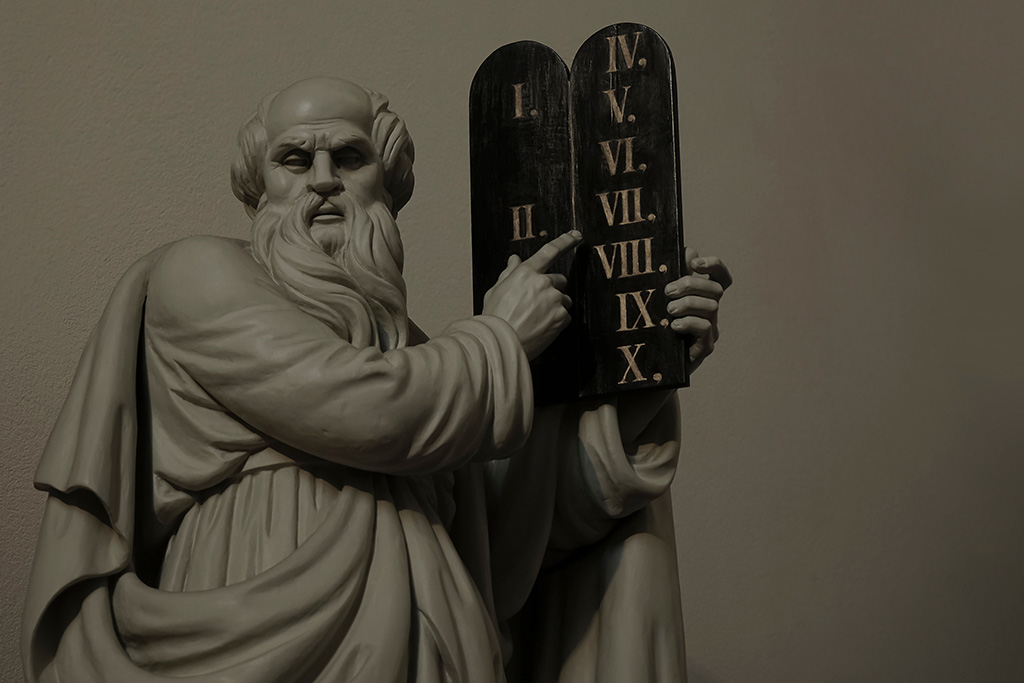
What Is the Sabbath and Should Christians Today Observe It?
The rules of the Sabbath, which in Hebrew means “rest,” are based on two specific principles.
First, in the Ten Commandments (Exodus 20:2 – 17), a Sabbath rest on the seventh day of each week was patterned after the events of the creation story (Genesis 2:1 – 3), which describes God ceasing from creative activity on the seventh day after bringing humankind into being. In that teaching, the Sabbath was a time for reflection on good things done and the enjoyment of important relationships.
Second, when Moses repeated the Ten Commandments in Deuteronomy 5:6 – 21, he noted that the Israelites had recently been rescued from the bondage of slavery in Egypt. In that teaching the Sabbath was a celebration of freedom from an existence solely devoted to work.
For the Israelites, the Sabbath was both a rhythm of life bred into human understanding from the very beginning and a celebration of freedom from oppression. Jesus emphasized the former value of the Sabbath in his own teachings (Mark 2:23 – 28), while his followers focused on the latter value of the Sabbath — especially once they realized the great deliverance from the bondage of sin brought by Jesus’ death and resurrection (Acts 20:7; Revelation 1:9 – 10). This understanding was amplified by the writer of Hebrews 4:1 – 11 as a forward-looking anticipation of the renewal of all things.
Even though the Bible makes it clear that Sabbath observance is not mandatory (Colossians 2:14, 16), the practices of both Jesus and the early Christian community testify to its enduring value in a believer’s spiritual life.
Reflect
With the Christmas season approaching, what can you do to find regular and intentional rest in God’s presence.
Drawn from the NIV Quest Study Bible.

NIV Quest Study Bible
Get answers to the Bible questions you have… and questions you haven’t yet pondered! The NIV Quest Study Bible features over 7,000 notes written in an engaging question and answer format that give insight into the common, uncommon, and sometimes perplexing passages from the Bible.
Learn More





